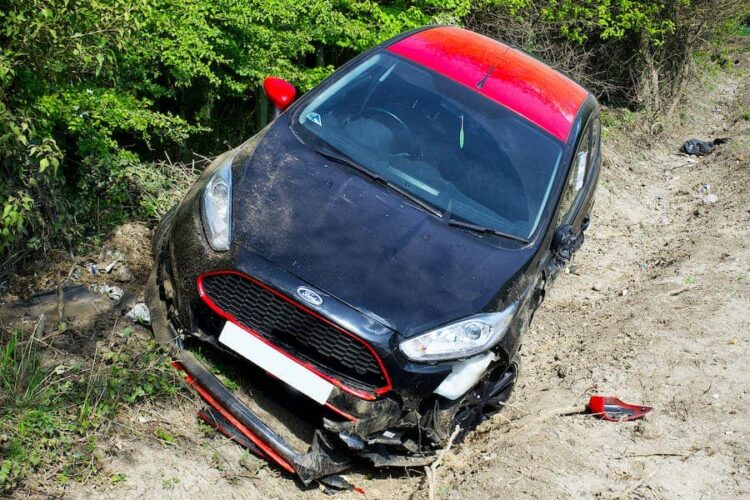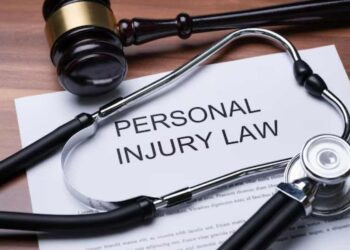Car accidents are traumatic events that can happen anytime and result in lifelong trauma and financial stress. Fortunately, your insurance or the responsible party can cover your costs, but responsibility for covering accident costs varies by state. In no-fault states, your insurer may cover medical bills and some lost wages for minor damage, regardless of fault, up to a set limit. There’s little difference in handling accidents where you’re at fault in these states.
Georgia is not a no-fault state, so the at-fault driver is responsible for property damage, medical bills, and other losses like lost wages and emotional distress resulting from injuries. Here is a guide to steps to take after an accident in Georgia to ensure you get compensation from your or the at-fault party’s insurance.
1. Contact The Police
After a car accident, ensuring everyone is safe and getting medical assistance if anyone is injured is the first step. After that, contacting the authorities is essential, not just as a formality, but to safeguard your well-being, protect your rights, and aid in resolving the situation. Especially in Georgia, the records you get after contacting the authorities are vital to prove that you were not at fault. Here’s why it’s crucial:
- Official record: A police report provides an unbiased record of the accident, vital for insurance claims and potential legal matters.
- Witness accounts: Authorities can gather statements from witnesses, which is crucial for determining liability.
- Investigation: Trained officers can investigate the accident’s cause, which is essential for fair compensation.
Contacting the authorities isn’t an admission of guilt but a responsible step to ensure safety and a smooth resolution for all involved.
2. Get an Attorney
While your initial reaction might be to handle everything yourself due to adrenaline, taking the proper steps to protect your legal rights is crucial. Remember that the insurance companies involved have professionals working for their interests, not yours. A lawyer acts as your advocate, ensuring a fair process. A lawyer can investigate the accident and gather evidence, review police reports, and interview witnesses to build a strong case in your favor. Attorneys can also negotiate on your behalf as they have the skills to negotiate for the maximum compensation you deserve for medical bills, car repairs, lost wages, and pain and suffering. Your lawyer can also guide you through legal proceedings, and if needed, your lawyer will represent you in court, protecting your rights throughout the legal process. Seeking legal advice allows you to focus on recovery while a professional works to secure the compensation you deserve and make sure that you receive your compensation.
3. Apply for Insurance Claims
Most insurance policies require claims to be filed within 30 to 60 days, so promptly contacting your insurer is crucial. Be honest and accurate when reporting the accident details, including the date, time, location, and what happened. Inaccuracies can harm your claim. Keep thorough documentation, such as medical bills, repair estimates, wage loss receipts, and police reports. Understand your coverage and deductible. If you’re unsure about anything, contact your agent for clarification. Understanding your insurance claims process is crucial after an accident. Being proactive, organized, and well-informed can help you navigate this process confidently.
Endnote
Georgia is an at-fault state, which means the at-fault driver is responsible for the financial compensation after an accident. After a car accident, prioritizing safety is crucial, and then contacting the police for an unbiased report, which is essential for insurance claims and determining liability, is crucial. Consider hiring an attorney to protect your rights and negotiate fair compensation. Promptly file insurance claims, providing accurate details and thorough documentation within the required timeframe. Being proactive and informed is vital to a smooth recovery process.










